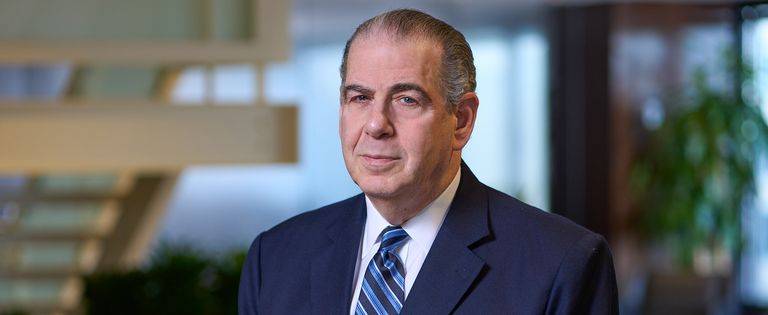Back to the Old Regime: The DOJ’s Criminal Division’s Newest Compliance Approach
Legal Alerts
10.26.18
On October 12, 2018, Assistant Attorney General Brian A. Benczkowski spoke at the NYU School of Law where he announced new guidelines regarding the procedures governing corporate compliance and monitorships.[1] While most of the attention has been on the new criteria for selecting corporate monitors, AAG Benczkowski also announced that the DOJ will not be hiring new corporate compliance counsel within the Criminal Division, a break from the practices of the previous administration.
It was on November 2, 2015, that the DOJ introduced Hui Chen as the first compliance counsel within the Criminal Division, which strongly suggested that the DOJ was prepared to vigorously review the effectiveness of corporate compliance. [2] On June 23, 2017, Ms. Chen left her role as DOJ compliance counsel. She left, in part, because she believed that “trying to hold companies to standards that [the] current administration [was] not living up to was creating a cognitive dissonance that [she] could not overcome.”[3]
In his recent remarks, AAG Benczkowski provided three justifications for the position’s elimination. First, he claimed that “a single compliance professional who has not been involved in a case throughout an investigation is not likely to have the same depth of factual knowledge as the attorneys who make up the case team.” Second, “[n]or can any one person be a true compliance expert in every industry we encounter.” Finally, he reasoned that “[r]elying on a single person as the repository of all of our compliance expertise also is shortsighted from a management perspective. Anyone who holds such a job will inevitably and quickly feel a strong pull to the private sector.”[4]
Moving forward, AAG Benczkowski intends to rely on a well-trained team of DOJ prosecutors who will individually take on the responsibilities of the compliance counsel in their respective cases.[5] These prosecutors would better understand how compliance applies to their respective industries, as well as being able to consider the adequacy of the compliance program at the same time they are considering a company’s remedial actions and timeliness of voluntary self-disclosures. Also, AAG Benczkowski was clear that he intends to ramp up compliance training for DOJ prosecutors in pursuit of this goal.[6] “Our expectation is that the [Criminal] Division will develop a training program that addresses compliance programs generally, as well as issues specific to each section and unit.”[7]
The DOJ created the compliance counsel position in 2015 as part of a more aggressive evaluation of corporate compliance programs. It is unclear if the lack of a centralized compliance counsel will lessen this aggressive approach to compliance. The announcement also begs the question of whether the decisions made by prosecutors in individual cases can effectively implement a consistent approach or will compliance requirements and oversight vary depending on U.S. Attorney Office.
For more information or for questions, contact the authors of this alert, Jonathan Feld (jfeld@dykema.com), Matthew Dybas (mdybas@dykema.com), or your Dykema relationship attorney.
[1] The full text of his speech can be found at: https://www.justice.gov/opa/speech/assistant-attorney-general-brian-benczkowski-delivers-remarks-nyu-school-law-program
[2] https://www.dykema.com/resources-alerts-the-new-normal-dojs-compliance-chief-underscores-greater-law-enforcement-pressure_11-17-2015.html
[3] https://www.linkedin.com/pulse/mission-matters-hui-chen/
[4] See supra note 1.
[5] Id.
[6] Id.
[7] Id.


